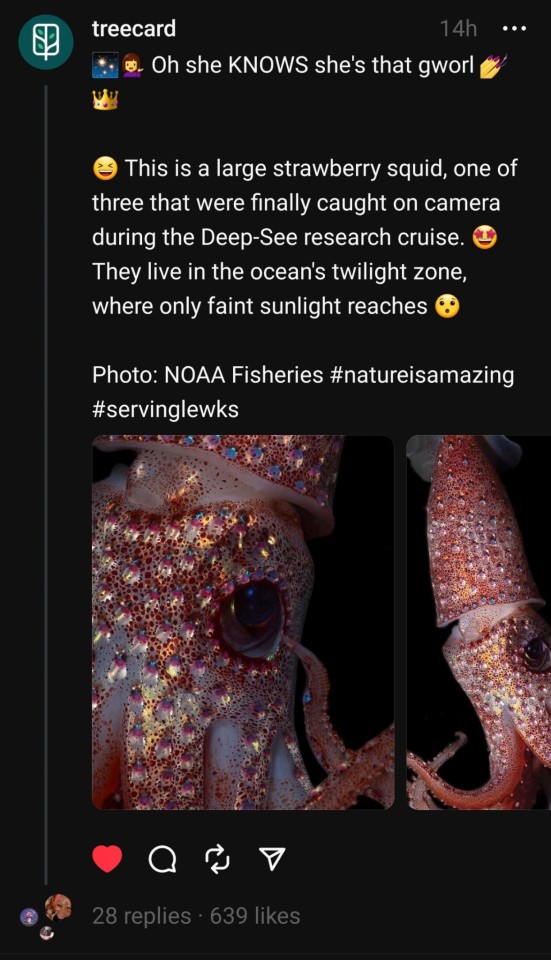Lab Lately




Lab lately
Bye jet leg and hello experiments. Back to the lab like I never left. Summer hasn't been summering in the States so I made the most of sitting on the balcony enjoying the sun for 1 day
But l'm not really outside this summer soooo catch me INSIDE
More Posts from Invincibleworld and Others


Nothing like a good case of ringworm to make you aware of literally every itchy part on your body
You are extraordinary
One of a kind and yet
Millions of ones
Ever changing
You are the heartbreak
And the heartbeat
You are the master
And the student
You are evolution
And stability
You are the life
And the spark
And the answer
And the question
And in the times that you feel lost
Please remember all of these things
That make you
Extraordinary

The Summer Games are here, so let’s meet the gold medal champion for fastest shark in the sea: the shortfin mako shark (Isurus oxyrinchus)! This agile predator fish is one of the world’s fastest swimmers, able to reach a top speed of over 40 mph (64.3 kmh). For perspective, the current 100m freestyle world record holder swam at an overall speed of 4.7 mph (2.9 km/h). A model of this shark can be found in the Museum's Hall of Biodiversity.
Want to learn more? Become a Museum Member today! Plus, use promo code GAMES24 and we’ll include a FREE, limited-edition Summer Games tote bag.
Photo: Alison Kock, CC BY-NC 4.0, iNaturalist



Let's learn about the Babesia parasite!
Caused by infected ticks
Leads to anemia & low platelets
Testing: thin & thick smears, morphology, parasitemia levels, PCR
Treatment depends on severity (ranges from antiprotozoal meds or exchange transfusion)
Ring-like formation in the RBCs = Babesia parasite! (Very similar morphology to Malaria)
Some of you may be familiar with model organisms in biology but even so, you may think about mice, rabbits or flies rather than ctenophores. The whole purpose of having a model organism is to be able to understand particular biological functions/processes by using an organism that can be maintained easily, has a relatively short generation time and has its genome sequenced (this allows us to really understand their genetic makeup). Since this species of ctenophore (Mnemiopsis leidyi) has had its genome sequenced it allows us to identify key genes/proteins and try to determine their function.
The work I am currently doing for my project is focused on understanding the origin of the nervous system.
There's been a long standing debate amongst scientists over which species of animal first diverged from all other metazoans whether it be sponges or ctenophores. For a long time it has been thought that sponges are the sister group to all metazoans, although more recently studies have suggested that ctenophores are. Sponges are really simple animals that lack nervous systems, whereas ctenophores are more complex and have a nervous system. If ctenophores are then in fact found to be the sister group to all other metazoans, it poses the questions about whether the complex structures such as neurons and synapses evolved once or multiple times independently?
If you check you can see a diagram showing what I mean by the "sister group" to all metazoans. The first pic identifies sponges as the sister group, but with more analysis on a molecular basis, the 3rd pic could be possible.
Since most of the studies on neurons and nervous systems more generally are focused on metazoans, the work at this lab uses ctenophores to understand more about their complex biology with the aim of understanding the origins of neurons.




Teachers: Earn graduate credit and advance your career in six weeks with our flexible online courses! Connect with the Museum’s scientists, labs, exhibitions, and specimens. You can choose from a variety of courses ranging from Marine Biology and the Solar System to Climate Change and Virology. The courses are asynchronous, providing participants with the flexibility to complete weekly activities at their own pace—and can be taken anywhere at any time! Subject to school/district approval, courses may be used toward professional development, salary advancement, and recertification. Sign up for our summer session today—classes start July 8!
Photo: A. Keding / © AMNH




Wake up babe new fish dropped
Just found out about the weirdest shark ever

Prickly dogfish
It shifts
Grief
I don’t know how or when
But at some point
The happy memories
Become more of a comfort
Than a pain
Not every day
And not all the time
But some days
Grief shifts


-
 autonomy1 liked this · 3 months ago
autonomy1 liked this · 3 months ago -
 beforeyearning liked this · 3 months ago
beforeyearning liked this · 3 months ago -
 ziobbo liked this · 6 months ago
ziobbo liked this · 6 months ago -
 dutchs-blog liked this · 6 months ago
dutchs-blog liked this · 6 months ago -
 allfallsaway liked this · 9 months ago
allfallsaway liked this · 9 months ago -
 siddanna liked this · 9 months ago
siddanna liked this · 9 months ago -
 invincibleworld reblogged this · 9 months ago
invincibleworld reblogged this · 9 months ago

Science nerd 🧪 | History buff 📜 | Dog & cat person 🐾always curious!
68 posts